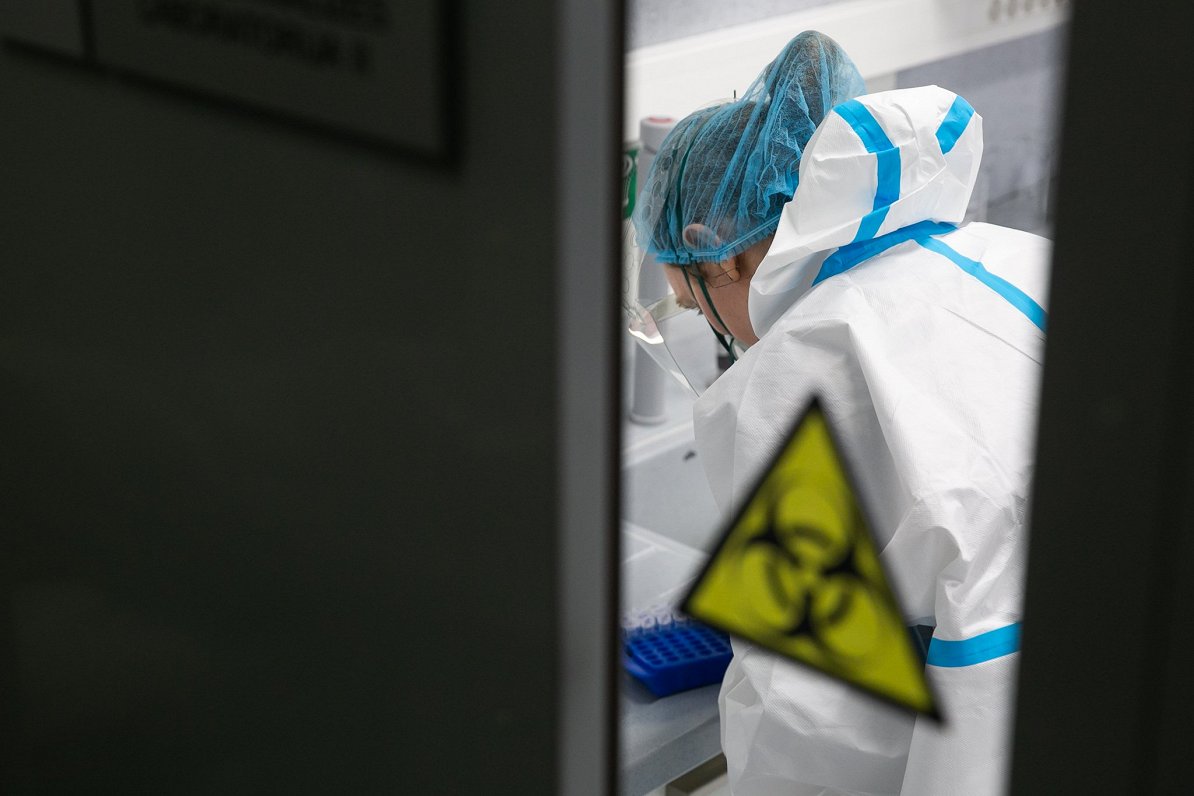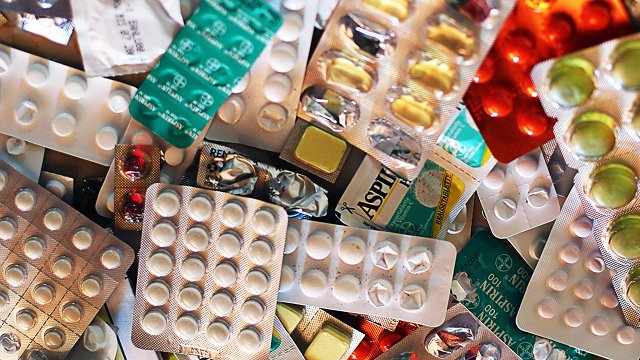The cell laboratory created by the BMC is intended to work with infectious agents of the third biosafety group, including the virus caused by Covid-19.
“Third group infectious agents are viruses and bacteria against which there may be some medicines, but which are very dangerous to human health and whose wider distribution we certainly would not want to allow. We need special rooms to work with such viruses,” explained Nils Rostoks, director of the Latvian Biomedical Research and Study Center.
This means that it will be possible to work with live infectious viruses in this laboratory, ensuring that nothing from the laboratory can reach the environment.
“A building has been built, and there is room in the building, and there is a hermetically enclosed room in the room, and that is this laboratory. Getting into the lab is a relatively complicated process. There is a separate entry and a separate exit. The entrance has one room in which you put on two layers of clothing. There are three rooms for the exit. Take one layer off in each room and only get dressed in the last room to get out at all,” said Dāvids Fridmanis, lead researcher of the Center, adding that there is a low pressure in the room so that nothing can get out of the room with air flow.
At present, the Covid-19 virus has new genetic variants, mutations, and the effectiveness of individual vaccines is reported to be decreasing for this reason.
“If such a process continues, then in the future we will likely need new vaccines. It is necessary to continue work on the development of new vaccines,” Rostoks said.
The development of Covid-19 vaccines has been in process with foreign partners in Latvia for some time. They would have to be shaped differently than those currently available in the world. The new laboratory will be able to carry out research much more quickly and accurately.
The laboratory will be able to work not only with Covid-19 viruses but also to encourage research and development of medicines and vaccines against many other diseases.





























